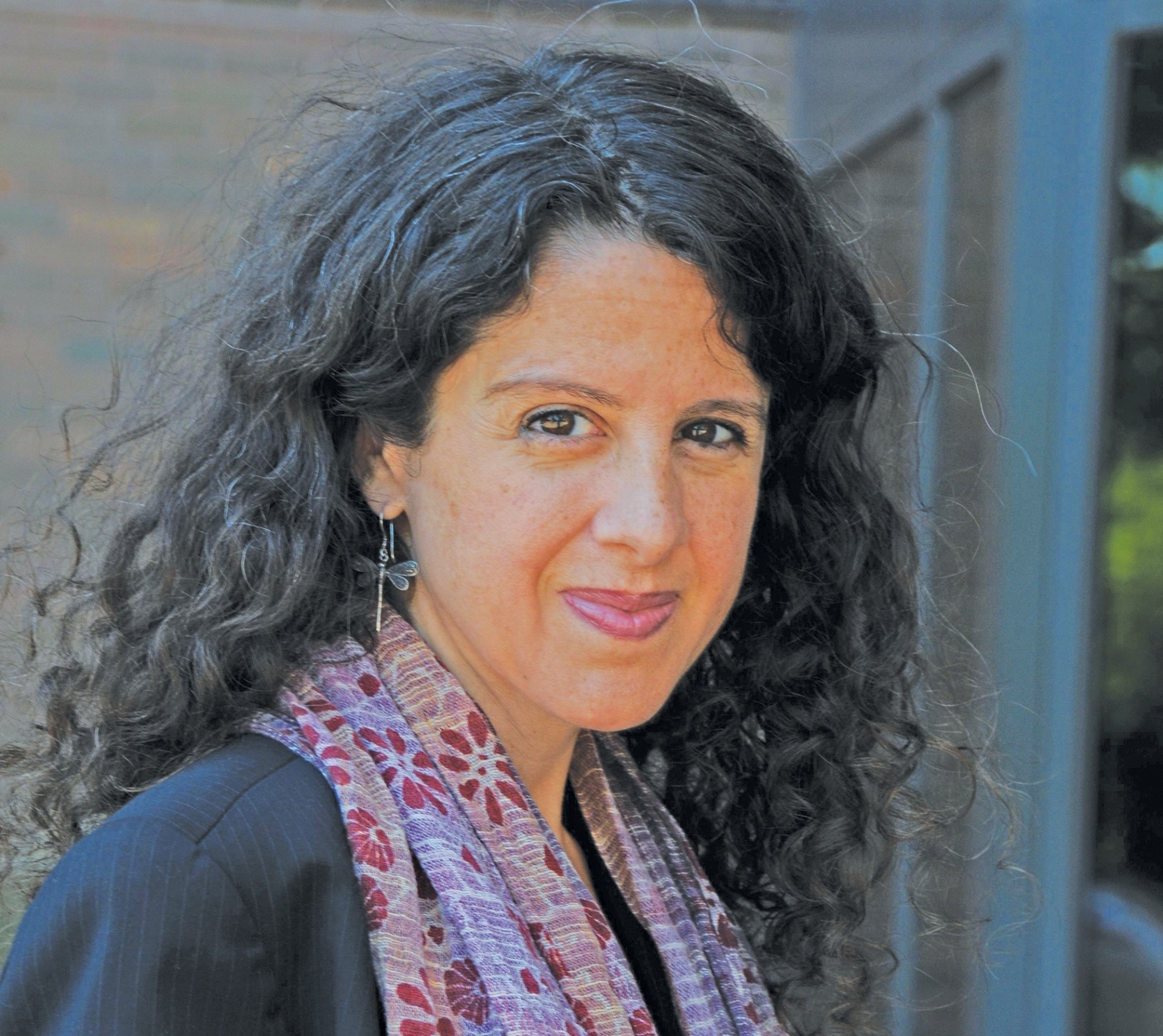#MeToo Should Really Be #AllofUs
While the world's Matt Lauers and Bill O'Reillys continue to fall, lesser-known sexual predators are still thriving in their roles as co-workers, supervisors and even CEOs.
March 15, 2019 at 12:12 PM
5 minute read
 Nina Pirrotti
Nina Pirrotti
As a civil rights lawyer and former prosecutor devoted to empowerment, I rejoiced when the #MeToo movement went viral in October 2017. Yet, even though the movement's second-year anniversary is now in full swing, I believe #MeToo has yet to evolve into what it should be: #Allof Us.
While the world's Matt Lauers and Bill O'Reillys continue to fall, lesser-known sexual predators are still thriving in their roles as co-workers, supervisors and even CEOs. And their prey—those who have yet to claim empowerment in the #MeToo movement—continue to suffer, as too many employers choose to bury their heads in the sand rather than confront the harassers who line their pockets.
Since the movement's inception, I have represented several women who have been subjected to sexual harassment, and even sexual assault, in a variety of workplaces before they summoned the courage to come to me. All recounted work environments in which sexualized comments and conduct were the norm. Yet, their employers took no meaningful actions to address their concerns until they were faced with the prospect of very public lawsuits.
I graduated from law school as Anita Hill spoke truth to power. Professor Hill planted critical seeds in the soil of the #MeToo movement then. Why did these seeds take so long to sprout and blossom? How is it that, notwithstanding the movement's recent revitalization, so many of us find ourselves in the same position in which we were more than 27 years ago? The answers can be found, at least in part, in employers' failure to climb aboard.
Last year began auspiciously with Time magazine naming as its Person of the Year the Silence Breakers. The magazine's cover photo featured courageous women who personify the #MeToo movement. It also included a cropped elbow, to symbolize millions who remain in the shadows, due to reasonable fears that their careers, reputations, relationships and even personal safety would be jeopardized by speaking out.
I know those fears well. Though clients, colleagues and adversaries have described me as “fearless,” I too was sexually harassed when I was a newer attorney. Shortly after I rejected a supervising partner's sexual advances, his interactions with me turned hostile. I joined the ranks of my sister “elbows” and never reported him.
Since then, I have represented extraordinary women who have come forward, despite compelling reasons not to do so. One of them, who I call “The Tenacious One,” was sexually harassed and assaulted by a co-worker at a major company. Her supervisors discredited her when she reported his conduct. They even accused her of being the problem. Eventually, her health became so compromised she could no longer work.
The Tenacious One could have accepted a seven-figure settlement and gone gentle into that good night. But she insisted on a key term: the company's commitment to revamping its sexual harassment training, reporting avenues, investigating mechanisms and resources for the survivor.
The company agreed to her terms because it wanted to get the deal done. But there are significant benefits for employers who voluntarily undertake such a pledge. They include deterring offenders, empowering survivors, improving morale, retaining employees, and even reducing lawsuits.
My client and I collaborated on a “wish list” for employers who seek to maximize their returns from participating in the #MeToo movement. That list follows:
Conduct Live Trainings
Online training prevents employees from being fully engaged in the process. Live trainings should include demonstrations of inappropriate conduct and allow participants to dialogue with the presenters to ensure they understand the concepts.
Investigate Responsibly
Investigations should be prompt, thorough and, when feasible, conducted by an objective third party.
Reject the 'He Said/She Said' Cop-Out
The vast majority of investigation reports I have reviewed in sexual harassment cases default to the “he said-she said” excuse to avoid making culpability findings. Sexual predators rarely act in the presence of neutral witnesses. Investigators should be expected to evaluate the accuser and the accused using the same time-honored factors judges instruct jurors to consider, including motives to lie, internal inconsistencies, demeanor, etc. If the accuser is credible, investigators should find an accused culpable based on her word alone.
Presume That the Accuser Is Being Honest
The Tenacious One, like countless others, was just as traumatized by her supervisor's refusal to believe her as she was by the assault itself. The presumption of innocence is appropriate in the criminal context, where liberty interests are at stake, but it is not the same in the workplace. According to the National Sexual Violence Resource Center, false reporting of sexual assault is uncommon. Unless the facts point elsewhere, employers should presume the survivor is telling the truth.
Incentivize the Bystander to Come Forward
Bystanders should know that they can report their observations without fear of repercussions. The Tenacious One suggested that employers support bystander involvement by offering incentives (monetary or otherwise, such as paid time off) to those who come forward, where the allegations are ultimately substantiated.
Support the Survivor
Larger companies could offer the survivor employer-subsidized therapy, and even smaller companies could provide survivors with paid time off. When the investigation concludes, employers should apprise the survivor of all findings and actions taken.
If the #MeToo movement progresses as it should, more employers will seize the “win-win” opportunities their participation provides. Those who do may even go down in history as having played starring roles in #MeToo finally becoming #AllofUs.
Nina Pirrotti is a partner with Garrison, Levin-Epstein, Fitzgerald & Pirrotti and a graduate of Yale Law School. She dedicates this article to The Tenacious One.
This content has been archived. It is available through our partners, LexisNexis® and Bloomberg Law.
To view this content, please continue to their sites.
Not a Lexis Subscriber?
Subscribe Now
Not a Bloomberg Law Subscriber?
Subscribe Now
NOT FOR REPRINT
© 2025 ALM Global, LLC, All Rights Reserved. Request academic re-use from www.copyright.com. All other uses, submit a request to [email protected]. For more information visit Asset & Logo Licensing.
You Might Like
View All
ADVANCE Act Offers Conn. Opportunity to Enhance Carbon-Free Energy and Improve Reliability With Advanced Nuclear Technologies

Trending Stories
Who Got The Work
J. Brugh Lower of Gibbons has entered an appearance for industrial equipment supplier Devco Corporation in a pending trademark infringement lawsuit. The suit, accusing the defendant of selling knock-off Graco products, was filed Dec. 18 in New Jersey District Court by Rivkin Radler on behalf of Graco Inc. and Graco Minnesota. The case, assigned to U.S. District Judge Zahid N. Quraishi, is 3:24-cv-11294, Graco Inc. et al v. Devco Corporation.
Who Got The Work
Rebecca Maller-Stein and Kent A. Yalowitz of Arnold & Porter Kaye Scholer have entered their appearances for Hanaco Venture Capital and its executives, Lior Prosor and David Frankel, in a pending securities lawsuit. The action, filed on Dec. 24 in New York Southern District Court by Zell, Aron & Co. on behalf of Goldeneye Advisors, accuses the defendants of negligently and fraudulently managing the plaintiff's $1 million investment. The case, assigned to U.S. District Judge Vernon S. Broderick, is 1:24-cv-09918, Goldeneye Advisors, LLC v. Hanaco Venture Capital, Ltd. et al.
Who Got The Work
Attorneys from A&O Shearman has stepped in as defense counsel for Toronto-Dominion Bank and other defendants in a pending securities class action. The suit, filed Dec. 11 in New York Southern District Court by Bleichmar Fonti & Auld, accuses the defendants of concealing the bank's 'pervasive' deficiencies in regards to its compliance with the Bank Secrecy Act and the quality of its anti-money laundering controls. The case, assigned to U.S. District Judge Arun Subramanian, is 1:24-cv-09445, Gonzalez v. The Toronto-Dominion Bank et al.
Who Got The Work
Crown Castle International, a Pennsylvania company providing shared communications infrastructure, has turned to Luke D. Wolf of Gordon Rees Scully Mansukhani to fend off a pending breach-of-contract lawsuit. The court action, filed Nov. 25 in Michigan Eastern District Court by Hooper Hathaway PC on behalf of The Town Residences LLC, accuses Crown Castle of failing to transfer approximately $30,000 in utility payments from T-Mobile in breach of a roof-top lease and assignment agreement. The case, assigned to U.S. District Judge Susan K. Declercq, is 2:24-cv-13131, The Town Residences LLC v. T-Mobile US, Inc. et al.
Who Got The Work
Wilfred P. Coronato and Daniel M. Schwartz of McCarter & English have stepped in as defense counsel to Electrolux Home Products Inc. in a pending product liability lawsuit. The court action, filed Nov. 26 in New York Eastern District Court by Poulos Lopiccolo PC and Nagel Rice LLP on behalf of David Stern, alleges that the defendant's refrigerators’ drawers and shelving repeatedly break and fall apart within months after purchase. The case, assigned to U.S. District Judge Joan M. Azrack, is 2:24-cv-08204, Stern v. Electrolux Home Products, Inc.
Featured Firms
Law Offices of Gary Martin Hays & Associates, P.C.
(470) 294-1674
Law Offices of Mark E. Salomone
(857) 444-6468
Smith & Hassler
(713) 739-1250












